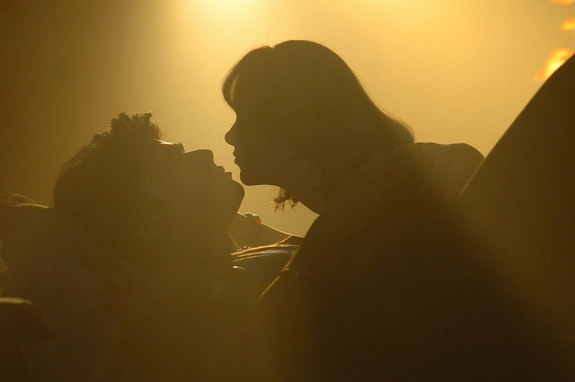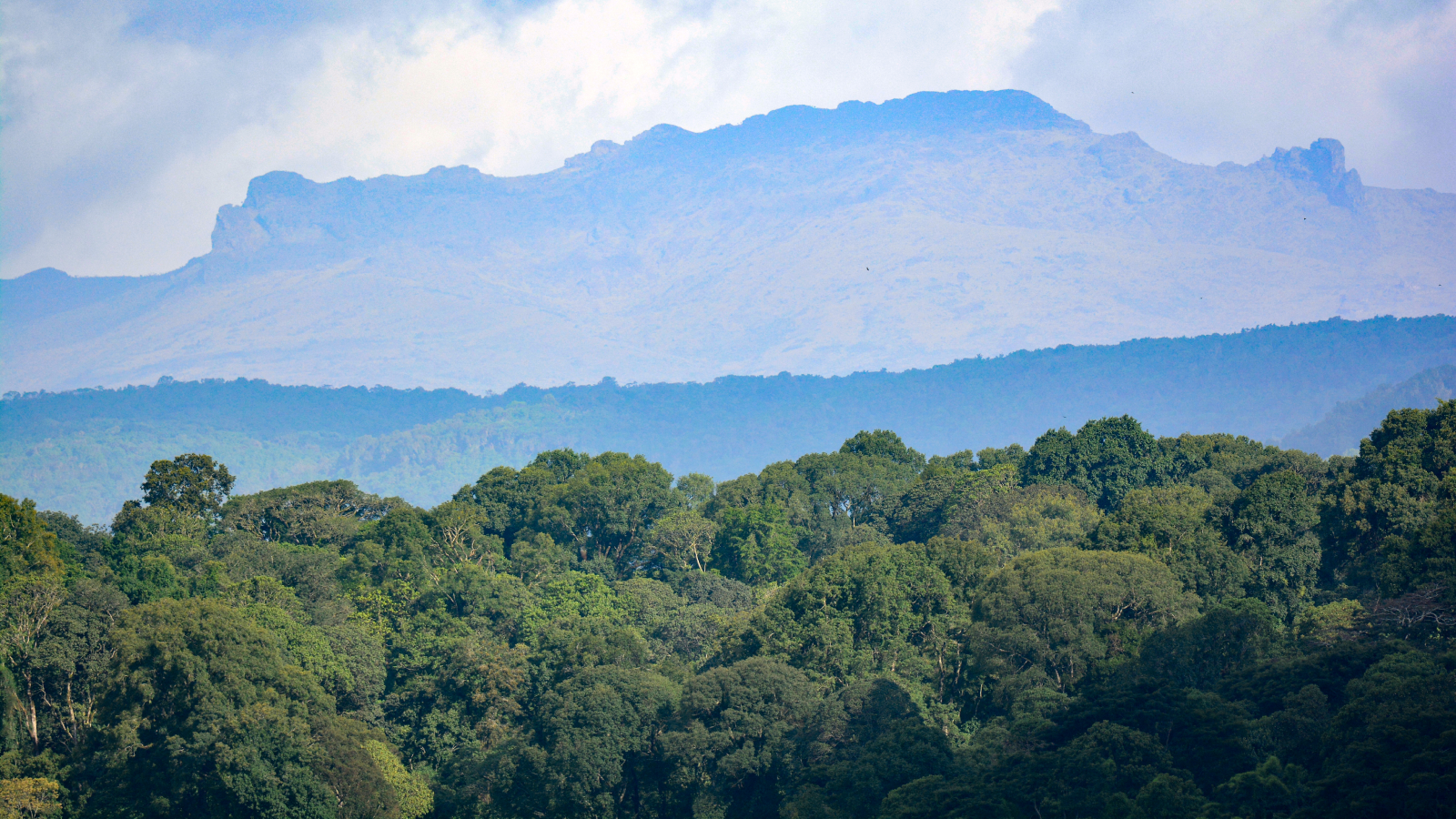Sex in Space May Not Be Safe

Sex and space, unfortunately, may be more like oil and water, or a match and gasoline … they don't mix and could be dangerous, say experts.
NASA officials have stood by the claim that such cosmic hanky-panky between their astronauts has never taken place, according to SPACE.com. Even so, the recent announcement by Inspiration Mars Foundation to send a married couple on a 501-day manned mission around Mars in 2018 suggests the first case of human sex in space may be around the corner.
But would it be safe sex?
"Sex is very difficult in zero gravity, apparently, because you have no traction and you keep bumping against the walls," biologist Athena Andreadis of the University of Massachusetts Medical School told SPACE.com in 2011. "Think about it: you have no friction, you have no resistance."
In addition to the mechanical difficulties of completing the act, actually conceiving and delivering a child in space could be "downright dangerous," SPACE.com reports.
"There are many risks to conception in low or microgravity, such as ectopic pregnancy," said Laura Woodmansee, author of the book "Sex in Space" (Collector's Guide Publishing, Inc., 2006). "And, without the protection of the Earth's atmosphere, the higher radiation levels raise the probability of birth defects."
Woodmansee has said she wrote the book after interviewing Sally Ride and Shannon Lucid, among others, about the challenges of being a female astronaut. She wondered what the next step in human space exploration would look like.
Get the world’s most fascinating discoveries delivered straight to your inbox.
"I felt then, and still do today, that it's important for any spacefaring society to discuss sex and reproduction beyond Earth. To put it simply, we need to know exactly what we're getting into because the consequences affect not only us, but the next generation of human beings," Woodmansee wrote in an Op-Ed on LiveScience.
Follow Jeanna Bryner on Twitter and Google+. Follow us @livescience, Facebook & Google+.
Jeanna Bryner is managing editor of Scientific American. Previously she was editor in chief of Live Science and, prior to that, an editor at Scholastic's Science World magazine. Bryner has an English degree from Salisbury University, a master's degree in biogeochemistry and environmental sciences from the University of Maryland and a graduate science journalism degree from New York University. She has worked as a biologist in Florida, where she monitored wetlands and did field surveys for endangered species, including the gorgeous Florida Scrub Jay. She also received an ocean sciences journalism fellowship from the Woods Hole Oceanographic Institution. She is a firm believer that science is for everyone and that just about everything can be viewed through the lens of science.


